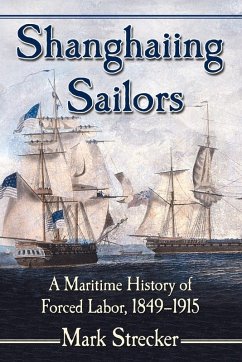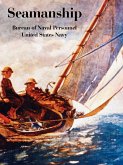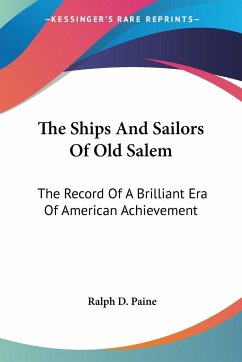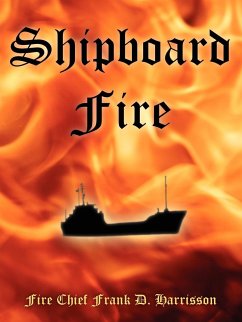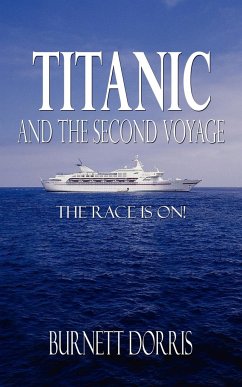"Shaghaiing," or the forcing of a man to become part of the crew of a merchant ship against his will, plagued the seafaring world between 1849 and 1915. Those who perpetrated this were known as "crimps," people with no respect for a man's education, social status, race, religion, or seafaring experience. The merchant ships were involved in such trade as opium, tea and gold and the practice was spurred by the opening of the Suez Canal. A major reason for the practice was a shortage of sailors and the unwillingness of seamen to set foot on certain types of ships. Seamen suffered from great deprivations, including tyrannical officers who really could get away with murder, bad food and dangerous conditions--all for a paltry sum usually squandered during shore leave. The world's navies had their own form of shanghaiing called impressment. Britain's Royal Navy pressed American merchant seamen en masse. Joshua Penny found himself fighting a British war on the Cape of Good Hope; he deserted and spent a year living with Dutch colonists and the native people. Pirates, too pressed men: Aaron Smith, an English navigator, suffered from this fate, and served with Cuban buccaneers for a year before escaping.
Hinweis: Dieser Artikel kann nur an eine deutsche Lieferadresse ausgeliefert werden.
Hinweis: Dieser Artikel kann nur an eine deutsche Lieferadresse ausgeliefert werden.

